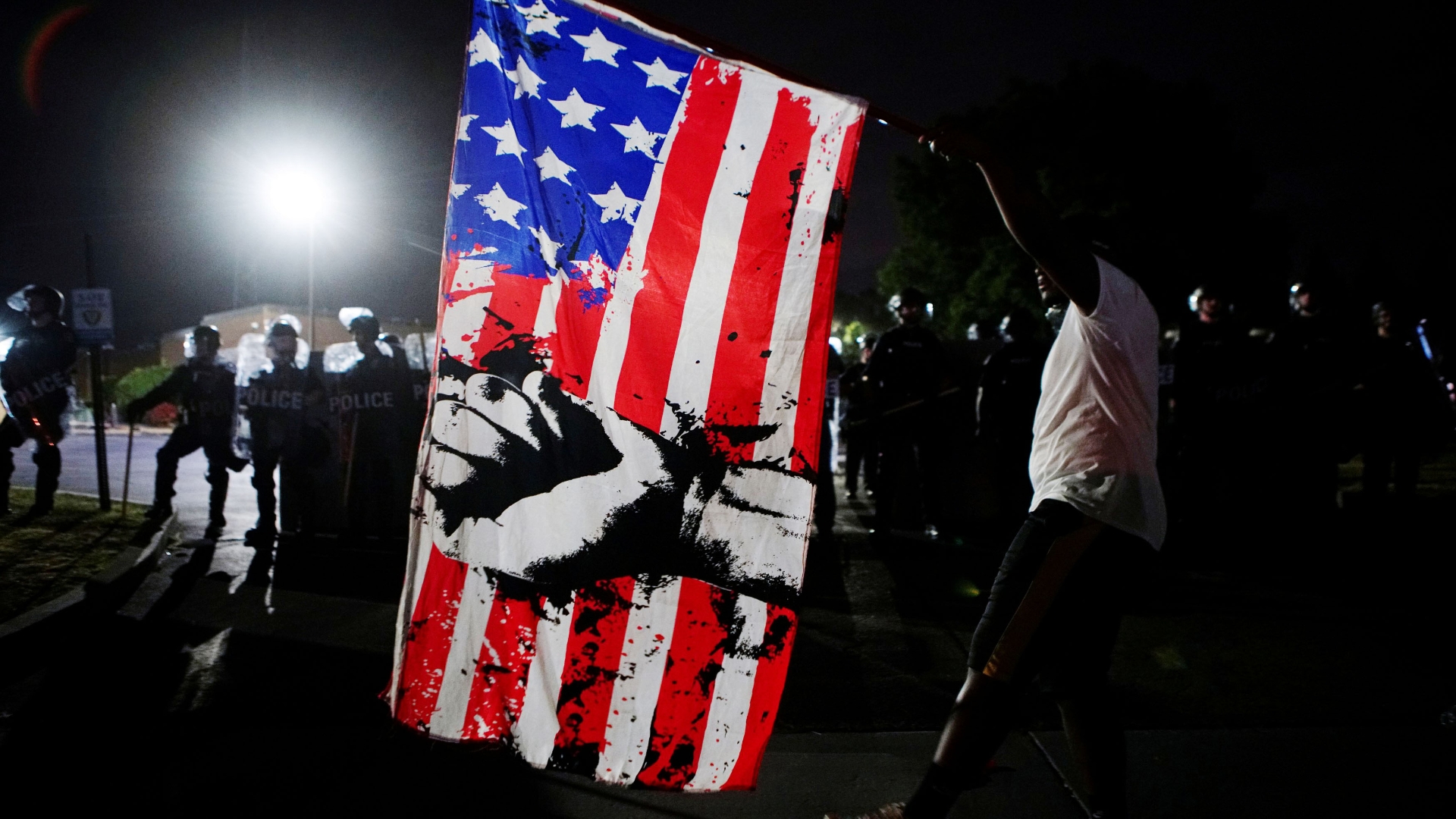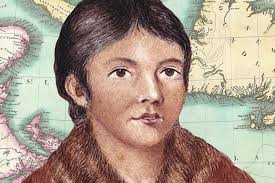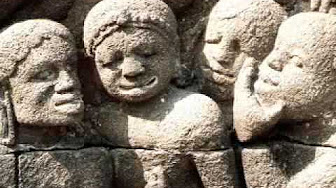Africa’s autonomy was a hard fight on numerous fronts of the landmass. The battle had many courageous African saviours, and various European colonizers and adversaries, who needed to lead African forever.
Africa’s experience with Europeans began route before servitude. Also, from the origin of Africa’s association with the Caucasians, it has been one disturbance to the next. It has been an excruciating and deplorable gathering.
Portugal and the remainder of Europe began to take slaves from Africa in the fifteenth century. Furthermore, before the finish of the nineteenth century, they had cancelled the detestable slave exchange of Africans and entered another stage in their misuse of Africa’s kin and kingdoms.
In the last 1800s, as Africa was nursing the injuries of the Transoceanic and Bedouin bondage. Europeans were finishing up their arrangements to attack Africa and set up governments and realms, to further endeavour Africans and their assets.
After the Berlin Gathering, the English, French, German, Belgian, Spanish, Portuguese, and other European countries set up camp in Africa and began what we know today as imperialism.
Imperialism accompanied the most fierce and hostile abominations the world had ever observed. It accompanied slaughters and elimination of African people groups. It accompanied plundering and taking of Africa’s assets, and the concealment of her kin in their territories.
It was this concealment and subjugation of Africans in their territories that prompted the numerous battles and battles for freedom. African people confronted the test and booted the Europeans out of Africa. The different fighting towards freedom cost Africa human lives and assets. In any case, it was a respectable and beneficial record.
In this article, we need to celebrate and educate of the different people who persevered, requested, and battled for autonomy in Africa. This rundown is in no specific request and isn’t indisputable.
Nnamdi Azikiwe of Nigeria

Nnamdi Azikiwe, prevalently called “Zik of Africa”, was one of the nonentities in the autonomy battle in Nigeria. He was hailed everywhere throughout the world as the “father of Nigerian Patriotism”, due to steady and straightforward job in kicking out the English from Nigeria.
Nnamdi Azikiwe was from the Igbo ethnic nationality and was conceived in Zungeru, in present-day Niger State, of Northern Nigeria, on the 16 of November 1904. Nnamdi was viewed as a total Nigerian since he communicated in the three significant dialects. He took in the Hausa language while he lived in Northern Nigeria as a little youngster.
He would later move toward the East, to live with his aunt in Onicha, where he took in his first language, Igbo, appropriately. And afterwards, then he moved to Lagos in the West, where he took in the Yoruba language. His introduction to these three dialects and culture would, in the end, help him in his battle for autonomy over the areas.
He went to a class in the US and came back to Africa in 1934. Nnamdi Azikiwe was acquainted with the lessons of Marcus Garvey while he was concentrating in the US, and the methods of reasoning of Garvey framed the establishment of his political idea towards Africa.
He started filling in as a columnist in the Gold Coast, which is available day Ghana. From that point, he began his promotion for Nigerian and African patriotism and autonomy. He would later develop into a solid lobbyist, government official, and power to deal with. His disturbances with any semblance of Awolowo from the Yoruba ethnic nationality and other outstanding Nigerians prompted the autonomy of Nigeria.
Nnamdi Azikiwe later turned into Nigeria’s head administrator when Nigeria got her freedom in 1960.
Kwame Nkurumah Of Ghana
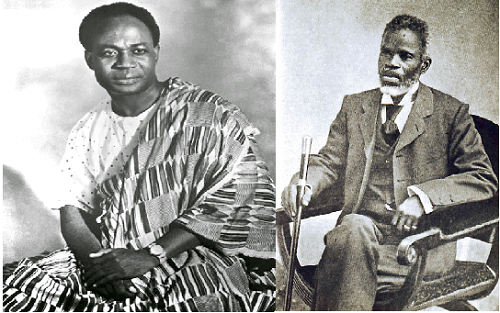
Kwame Nkurumah hailed as the dad of dish Africanism in Africa. He was conceived in 1909 in Nkroful, a town in the South-Western piece of Ghana.
He was a Dark African Statesman and political lobbyist who drove the battle for Ghana’s autonomy from the pioneer English. He was a ground-breaking voice in the struggle and regarded by the individuals.
Nkurumah educated in Accra, at the Achimota School, and later moved to the US, where he trained and moved on from the Lincoln College with a Four-year college education in Financial matters and human science. He then earned a religious philosophy degree from the Lincoln Philosophical Theological school in 1942 and got a graduate degree in instruction and reasoning from the College of Pennsylvania in 1942 and 1943.
It was during his examinations in the US of America that Nkurumah picked up enthusiasm for the methods of reasoning of Karl Marx, the German political savant. He was additionally affected by the lessons of German financial analysts, Friedrich Engels, and another Russian progressive pioneer called Vladimir Lenin.
While he was still in the US, he shaped an African understudy’s association and picked up ubiquity from his talks and promotion about African freedom from the hold of European expansionism.
In 1947, Nkurumah came back to Ghana (at that point called Gold Coast) and was made the Secretary-General of the patriot party, UGCC. In his ability as Secretary-General, he circumvented the Gold Coast crusading and making addresses to look for the help of their kin and nobles for the battle toward autonomy.
The English captured Nkurumah and a few other UGCC pioneers and tossed them into jail. They were later discharged. In any case, that didn’t dissuade Nkurumah and his confidants from their unsettling. They would then lead the whole Dark individuals of the Gold coast to an across the country strike, that nearly injured the economy, and that was a terrible business for the English. This was in 1950, and the English captured Nkurah and others and bolted them up.
The ceaseless strikes and uprisings by the individuals, made it evident to the English, that the time had come to leave the Gold Coast. In this way, they began to get ready for Ghana’s freedom. While he was still in jail, Nkurumah won the focal Accra seat by a considerable margin triumph. He was then discharged by the English legislative head of the Gold Coast and delegated pioneer of government business.
The next year, Nkurumah was named Head administrator, and he drove Ghana to freedom in 1957. He kept on lecturing his excellent news of skillet Africanism crosswise over Africa and affected the autonomy battle of other African countries.
Jomo Kenyetta of Kenya
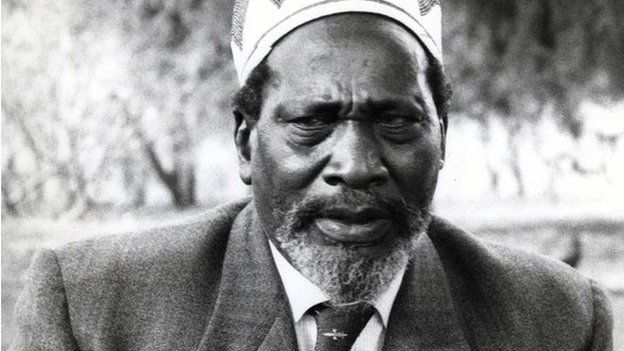
Jomo Kenyatta is the dad of Kenyan freedom. He was an enemy of provincial extremist and government official. He was Kenya’s leader from 1963 to 1964, and after that later turned into her leader from 1964 to his demise in 1978.
Jomo Kenyatta’s story is a rousing one. He conceived in Kiambu area of the then English East Africa, to guardians who were from the Kikuyu ethnic nationality.
He got his first instruction at a strategic and afterward moved to London in 1929. His crucial London was chiefly to campaign and disturb for the land undertakings of the Kikuyu individuals. He went further to learn at Moscow’s Socialist College of the Toilers of the East, College School London, and the London School of Financial matters.
While he was still in Europe, he impacted by the dish Africanist and against colonialist thoughts of his companion George Padmore. He became such a significant amount in these philosophies that he was among the coordinators of the 1945 Skillet African Congress in Manchester, Joined Kingdom.
In 1946, Jomo came back to Kenya, to begin as the head of a school. He was later chosen the Leader of the Kenyan African Association. And keeping in mind that in that position, he utilized his impact to crusade against imperialism and hall for the freedom of Kenya from English standard. His fomentation picked up him massive help from the Kenyan individuals, and simultaneously, made him an Adversary of the European pioneers.
In 1952, he and five others drove an uprising against the English, which was known as the Mau Uprising. They were captured, and detained at cc, for a long time, and in 1959, they were banished to Lodwar, a North-West city of Kenya. They were kept in a state of banishment until 1961 when they were discharged.
After his discharge, he proceeded with his fomentation for the autonomy of Kenya. He at that point turned into the leader of Kenya’s driving political front called KANU. He pressed his gathering to win the 1963 general races and was made the Head administrator of Kenya. As Head administrator, he hardened the walk of Kenya towards freedom, and in 1964, he turned into the main Leader of an autonomous Kenya.
Julius Nyerere Of Tanzania
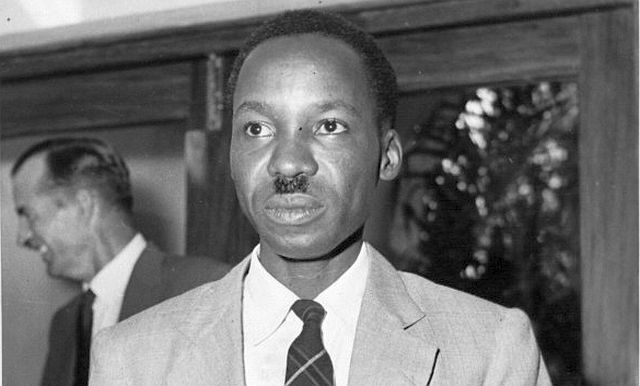
Julius Nyerere is known as the Father of Tanzanian autonomy, and he was likewise perhaps the best supporter of African insubordination. Great opportunity to battles for the freedom of numerous African countries.
He was conceived on the thirteenth of April 1922, in Butiama town, near Lake Victoria, in Tanganyika. His dad was a boss named Nyerere Burito. Julius too had his first training in the mission schools and later considered Instruction at the Makere College School, Uganda. He would then get a four-year certification in 1946, and a graduate degree in history and financial aspects in the Edinburg College, Scotland, Joined Kingdom.
After he came back from Scotland in 1952, he turned into a secondary school level educator in Pugu, close Dar es Sallam. At Pugu Nyerere joined the Tanganyika African Affiliation, which later turned into the Tanganyika African National Association (TANU), the patriot party.
Through the gathering, Julius battled and campaigned for Tanganyika’s freedom. He was a chosen leader of the TANU party in 1954, and in 1958, he was an executive councillor. In that position, he proceeded in his dish Africanist and against colonialist belief systems and tumults. He was made head administrator in the May of 1961.
In December of that equivalent year, Tanganyika picked up its freedom from the British, and in 1962, Julius Nyerere selected as the leader of an autonomous Tanganyika. He drove the country to bring together with Zanzibar to turn into the Unified Republic of Tanzania.
Julius Nyerere had rousing energy for Africa and was resolved in his battle for a Bound together Africa. Together with Kwame Nkurumah, he engineered the formation of the Association of African Association (OAU), which is today called the AU (African Association).
During those long stretches of autonomy battles, he opened his nation as a protected zone for the African Political dissidents. He upheld the furnished resistance of the individuals of Mozambique, South Africa, Namibia and others against oppressive European colonialist governments.
Patrice Lumumba Of Congo

If there is one piece of Africa which was deceived the most by European colonialists, it is the Congo. The Belgians murdered more than 10 million Africans in the Congo somewhere in the range of 1885 and 1912.
Till date, the Congo is as yet a weak spot, as it is inclined to emergency and frequent wars which are built by the Belgians and different Europeans.
Patrice Lumumba was the best lobbyist and warrior for Congo freedom. He hailed as the Father of Autonomous Congo. They captured him on July 2 1925, in the town of Onalua in the Kasai area of Congo. He was from the Batetela ethnic gathering.
He went to a protestant crucial only like a portion of the other African freedom warriors. He later went to encourage his examinations in Kindu-Port-Empain, where he developed in his enthusiasm for legislative issues and activism. He turned into an author and began to compose political articles for the Congolese diaries.
He proceeded to turn into the territorial leader of a Congolese worker’s organization in 1955. This worker’s guild was not associated with the Belgian worker’s organization alliances. He would later make a trip to Belgium on an examination under a program be the pastor of provinces.
When Lumumba came back from Belgium, he was captured for charges of debasement and was detained by the Belgians for a year. There are as yet numerous who think, these charges were false and was utilized by the Belgian authorities to damage his picture and baffle his developing political exercises.
After his release, he wound up fiercer with political activism, propelled the Congolese National Development (Mouvement National Congolais; MNC). Together with other Congolese pioneers in October of 1958.
In December of 1958, Lumumba headed out to Ghana for the principal. Every single African Individuals’ Gathering, where he was advantageous to meet and impart thoughts to a portion of Africa’s preeminent political dissidents. From that minute ahead, Lumumba’s political philosophies transformed into that of an aggressor lobbyist.
The fomentation towards freedom was hitting up, and the Belgians intended to leave Congo, yet additionally choose manikins whom they can control and continue administering the Congolese as a substitute. The races should hold in December 1959, yet Lumumba and the patriot gatherings reported a blacklist of the decisions. These truly infuriated the Belgian specialists, and they reacted with constraint. Savagery pursued, and it prompted the passing of 30 individuals. The Belgians accused Lumumba of the conflict and detained him.
After his capture, his gathering, the MNC at that point chose to participate in the decisions. They won with an avalanche triumph. After the races, the Belgian specialists organized a gathering with the Congolese ideological groups in Brussels, to talk about the adjustment in power; however, the MNC would not go to without Lumumba.
Lumumba was then discharged and travelled to Brussels for the gathering. At the meeting, they concurred for the date of freedom to be June 30. The decisions held in May of that year 1960. Lumumba won, and after the Belgians neglected to fix him out and keep him from driving the Congo, he was approached to shape the ruling government.
A couple of days after the fact issue broke out in the Congo, and a radical group announced autonomy of the Katanga district. These were, for the most part, animated and upheld by the Belgians. This insubordination and the disarray that pursued killed, Patrice Lumumba.
Lumumba was caught on December 2 by the Kasavubu powers and conveyed on January 17, 1961, to the secessionist system in Katanga, where he got killed. His demise caused a stun all through Africa, and even his adversaries broadcasted him a “national legend.”
Just as of late, the Belgian government has apologized for their job in the death of Patrice Lumumba.
Conclusion
Like we said toward the start of this article, this piece isn’t decisive.
All over Africa, people stood up and opposed the harsh European colonialists. Their works and deeds are ones which we are most pleased with. We will keep on extending this rundown till we become completely secured the demonstrations of courage and significance of these African warriors. Who yielded their blood and some of the time lives to ensure Africa was free.

